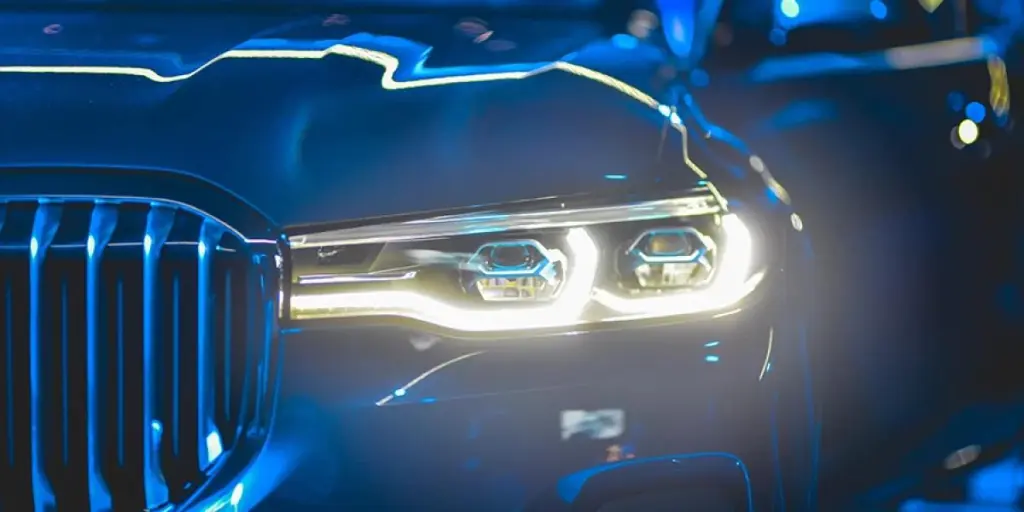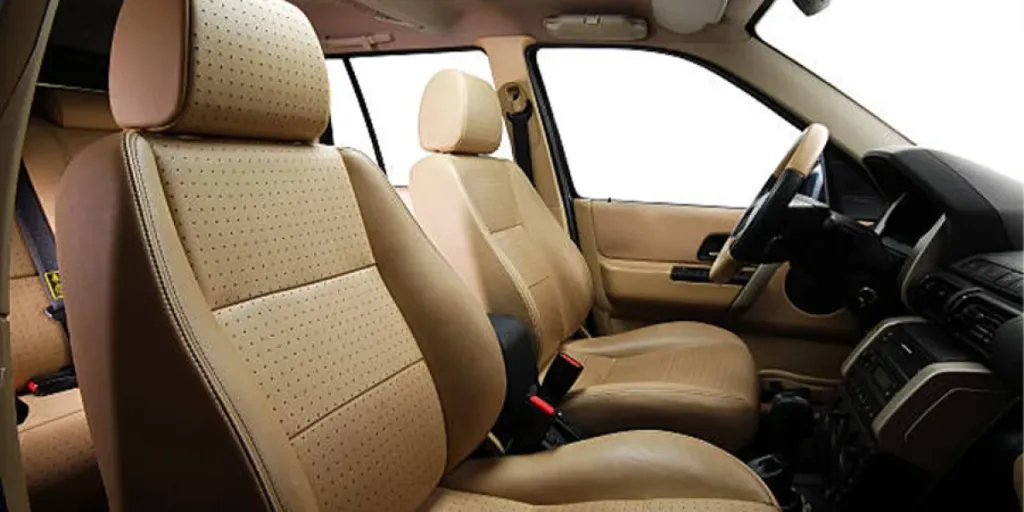The Range Rover Evoque stands out as a compact luxury SUV that combines style with performance and off-road capability for drivers who appreciate both design and capability. The Evoque combines city elegance with off-road toughness as a member of the Land Rover lineup.
The Range Rover Evoque shares the common problem-prone nature of many high-end vehicles. The Range Rover Evoque has given numerous owners frustrating setbacks because of issues like engine problems and electrical system malfunctions. This blog covers frequent Range Rover Evoque issues alongside their symptoms and remedies.
Table of Contents
Overview of the Range Rover Evoque
Common Range Rover Evoque faults
1. Engine issues
2. Transmission issues
3. Electrical system faults
4. Suspension and steering concerns
5. Exterior and interior problems
Maintenance and repair tips
1. Proactive maintenance
2. Finding reliable repair services
In summary
Overview of the Range Rover Evoque
Land Rover introduced the Range Rover Evoque in 2011 as their daring debut into the compact luxury SUV market.
The Evoque’s initial release featured a game-changing design with its sleek appearance and powerful performance thanks to its 2.0-liter engine within its compact SUV dimensions.
The Range Rover Evoque became popular among younger buyers and city residents because of its sporty driving dynamics and luxurious interior.
Land Rover has introduced several updates and model year upgrades, which have led to better comfort levels, advanced technology features, and enhanced engine efficiency. The Evoque continues to show up in reliability surveys with various issues despite its series of improvements.
The Evoque’s attractive appearance and high-end designation don’t protect it from mechanical and electronic failures, which lead to more frequent visits to the dealership than its owners prefer.
Common Range Rover Evoque faults
The Range Rover Evoque reveals persistent problem areas across owner forums and official service bulletins, as well as reliability studies. Here are the most common issues.
1. Engine issues
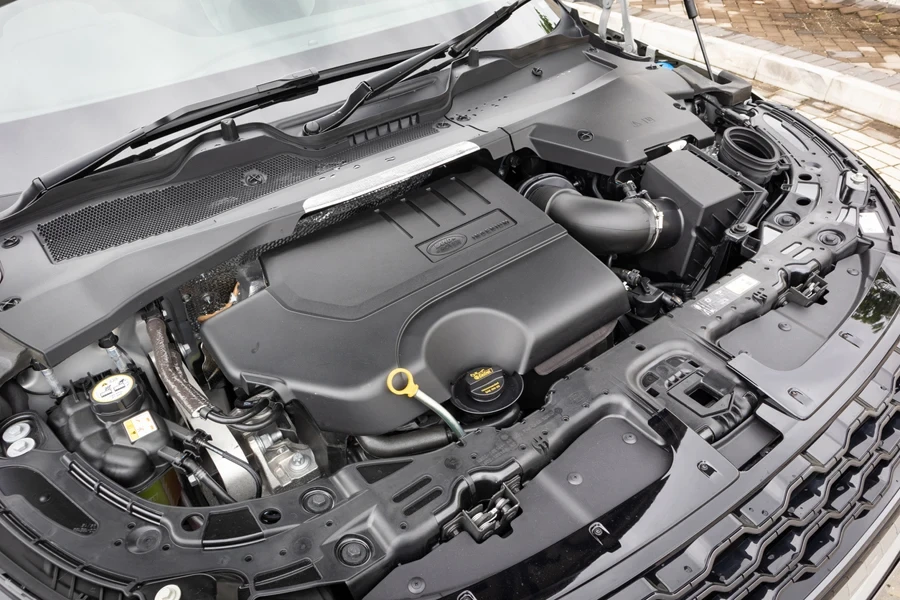
Many diesel Evoques equipped with a 2.0-liter engine experience multiple mechanical problems. The turbocharger failure continues to trouble owners of early model Range Rovers. Drivers report loss of power alongside black smoke emissions and unusual whining sounds as signs of mechanical failure.
Engine oil leaks present a persistent problem that usually occurs near the oil pan and valve cover. Untreated oil leaks result in reduced engine performance along with extensive damage.
In extreme situations, the timing chain may loosen or stretch, which may cause rattling sounds and risks of total engine failure. Immediate attention to this critical component can help prevent expensive repair costs.
2. Transmission issues
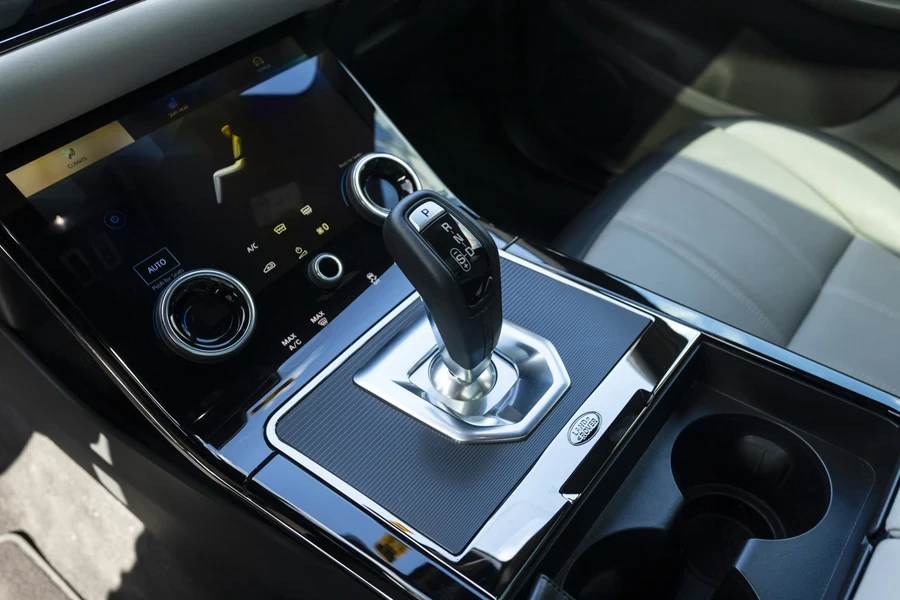
Range Rover Evoque owners have frequently described experiencing rough gear shifts during low-speed travel or while stopping and starting. Outdated software often causes transmission problems, which dealerships can resolve with software updates in some scenarios.
Physical transmission failures, in certain cases, demand costly repairs or complete replacements. The vehicle shows signs of shuddering during gear shifts, delayed engagement and sometimes complete failure to shift gears.
3. Electrical system faults
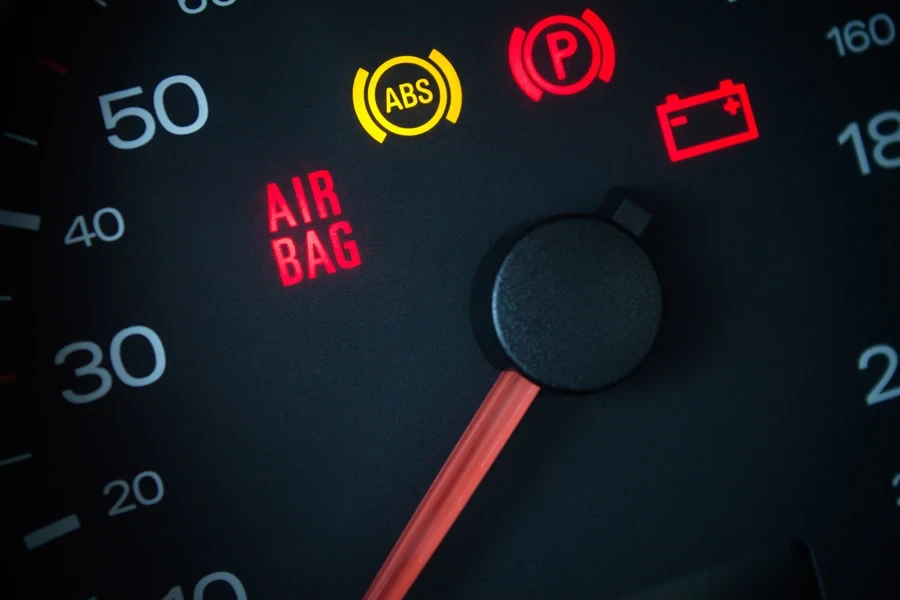
Range Rovers regularly experience electrical issues as a leading type of problem. Vehicle owners report problems, including short circuits and damaged electrical wiring, along with faulty lights and battery drainage.
The stop-start system that aims to provide fuel savings may experience problems when sensors malfunction, or batteries lose power.
The front passenger airbag warning light stays illuminated in certain vehicles to indicate a problem that requires quick attention.
The vehicle’s electrical issues range from rear cameras that do not function to infotainment systems that fail operation and climate controls that do not respond. Owners usually have to go to a Land Rover dealership to get their vehicles updated with new software or to replace faulty components.
4. Suspension and steering concerns
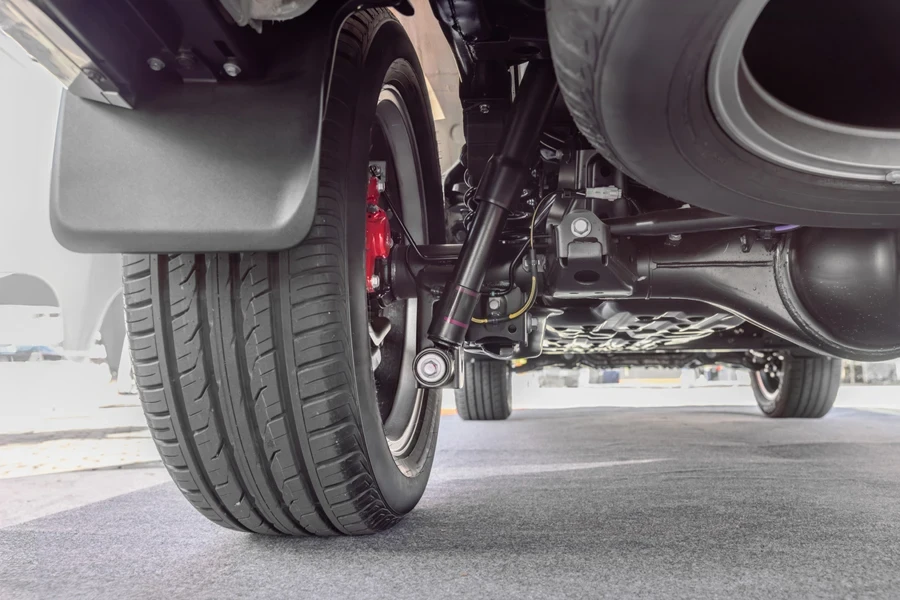
Reports have shown suspension flaws in Evoque models from both early releases and more recent iterations.
The lower front suspension control arms often suffer wear or damage, leading to clunking noises while driving, poor vehicle handling, and uneven tire wear. Premature wear of the drive shaft leads to vibration and knocking sounds at specific driving speeds.
The issues present in these vehicles reduce passenger comfort and create safety hazards. Drivers reported needing tow truck assistance when their vehicles became undrivable from steering malfunctions or suspension failures.
5. Exterior and interior problems
Owners frequently report paint and bodywork defects in vehicles that experience high temperatures. Peeling paint, together with corrosion and water leaks through door seals, occurs frequently.
The vehicle interior presents multiple issues, which involve rattling sounds and power seats not working properly alongside loose trim pieces.
Vehicle defects can decrease owner satisfaction and vehicle resale value despite not affecting direct driving experiences. Reliability surveys frequently point to interior quality as a detriment in the Evoque after prolonged use or high mileage.
Maintenance and repair tips
Proactive maintenance and high-quality repair services help maintain your Range Rover Evoque by preventing potential problems. Here are some helpful tips:
1. Proactive maintenance
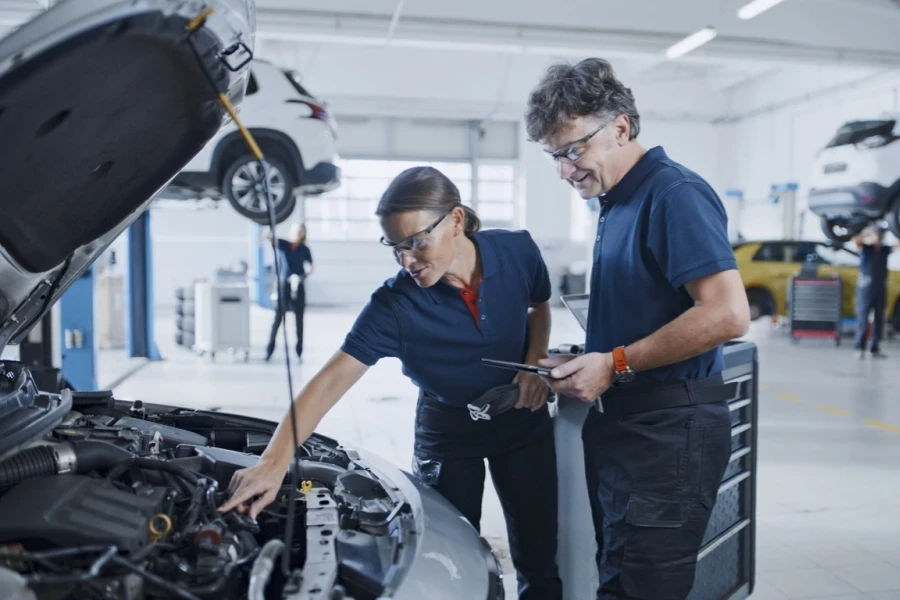
Maintaining your vehicle through regular service ensures its smooth operation. Adhere to the recommended maintenance plan from the manufacturer and ensure you perform oil changes and brake and battery inspections as scheduled.
You should arrange for an inspection at the first sign of unusual noises, dashboard warnings or fluid leaks in your Evoque.
You should use the appropriate oil while checking for oil leaks regularly as a way to prevent engine problems.
After extended driving periods, vehicles with turbochargers need proper cooling time before shutting down to avoid overheating. Monitor your timing chain for wear signs since this issue is prevalent in your particular model year.
2. Finding reliable repair services
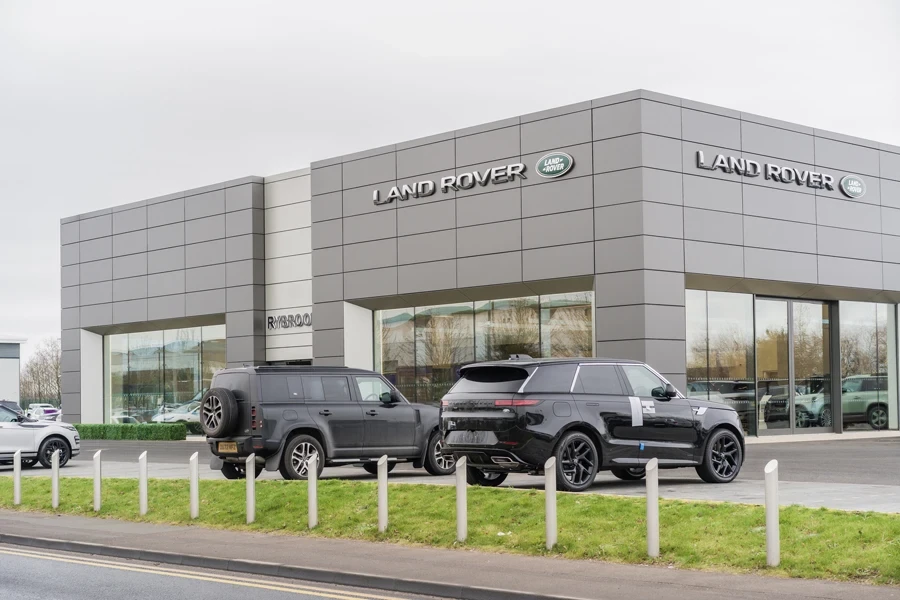
Many repair shops lack the necessary tools and expertise to properly service the sophisticated systems found in the Range Rover Evoque. A Land Rover dealer network should be your go-to for any diagnostics and repairs especially when it comes to software updates and issues covered by warranty.
Once the Range Rover warranty expires, owners should find independent repair specialists who specialize in Range Rovers. Reach out to other Evoque owners on forums and local groups to gather repair service recommendations.
You should avoid selecting cheaper repair services that might utilize aftermarket components instead of OEM parts. Genuine parts help preserve your vehicle’s top condition while protecting its resale value.
In summary
The Range Rover Evoque definitely turns heads wherever it goes. The Range Rover Evoque delivers style, performance, and prestige while remaining compact enough for city navigation and the rare off-road excursion.
Complex machines such as this vehicle often present their own distinctive set of problems. Even the most dedicated Range Rover Evoque owners can find their patience tested by its electrical problems together with suspension and engine issues.
A proper maintenance schedule combined with timely repairs and knowledge about typical problems enables effective management of these issues. Owners of the Evoque or potential buyers will gain essential knowledge through this guide to ensure a smooth experience while driving their vehicle.

